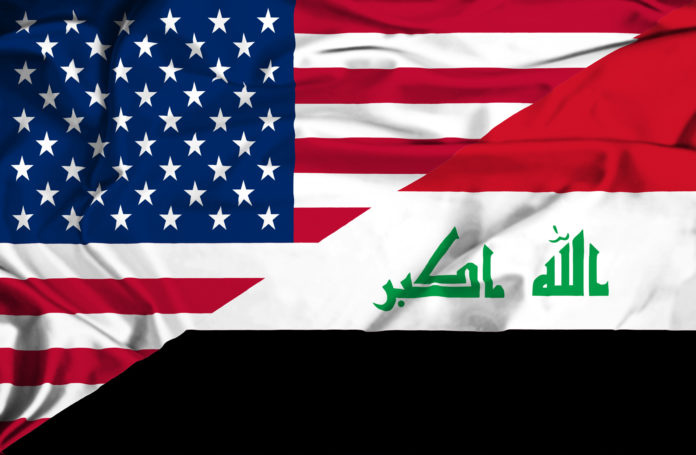Even with troop reductions in Iraq and Afghanistan, the unrest in the Middle East continues to affect the United States’ economy on an almost-daily basis.
Last week, markets opened lower on Monday morning due chiefly to concerns over escalating tensions in Iraq, where Sunni insurgents began campaigns to overtake regions of the country.
Oil prices were the first indication, as various banks are calling Iraqi unrest the greatest threat to production and supply this decade. What’s more, traders have failed to recognize the threat posed by increasing violence in the region, according to experts.
“Brent crude was projected by Wall Street analysts to average as much as $116 a barrel by the end of the year,” wrote Mark Shenk of Bloomberg.
But earlier this month, the number rose above $114 a barrel—and the year isn’t yet halfway over. How far prices may climb with continued insurgent advances is anybody’s guess.
As we all know, when the price of oil rises or falls, the price of gasoline moves accordingly. But think about the impact on other commodities: the price of food and other goods rises, as transportation is affected. Jobs are lost, leading to governments paying more unemployment benefits or even extending stimulus packages. Salaries, pensions, social security benefits—these don’t rise to combat higher oil prices.
What’s more, savvy consumers recognize these changes and tend to be more conservative with purchases. This means fewer vacations, fewer trips to restaurants, and less money spent on entertainment. This “bare bones” lifestyle can lead to further job losses in related industries—triggering the domino effect that can lead a vulnerable economy into a full-blown recession. In fact, out of 11 post-World War II time periods categorized as recessions, ten corresponded with a spike in oil prices.
Nations with new governmental structures like Iraq’s face uprisings on a regular basis. This begs the question: How serious is the current threat? What is the likelihood that this disturbance will last long enough to create the economic disturbances mentioned?
Thus far, insurgent forces have seized a couple of key locations north of Baghdad—a relief to some, as the majority of oil-producing interests are in the south and east of the nation. But how confident can investors feel, with an Al-Qaeda splinter group within miles of the Iraqi capital—and advancing every day?
Perhaps the strongest indications of the seriousness of the situation are the reactions of our nation’s leaders. Just last week, Secretary of State John Kerry suggested the possibility of working with Iran to quell the continued uprisings in Iraq. Contradictory statements—including denials from a Pentagon spokesperson—followed, but Kerry’s comments make it clear that such an unforeseen alliance is an option.
Can you picture a situation so unpredictable and volatile that the United States is willing—and perhaps openly pursuing—the idea of working hand-in-hand with a nation that is the very symbol of unrest and uncertainty in the Middle East? Such a scenario is possibly the best example of the unpredictability of world politics and the effect that they have on our nation’s economy.
So while experts are calling a complete cessation of crude oil production in Iraq “highly unlikely”, ask yourself this question: What words do you think these same experts would have used to describe the prospects of the United States joining forces with Iran?













